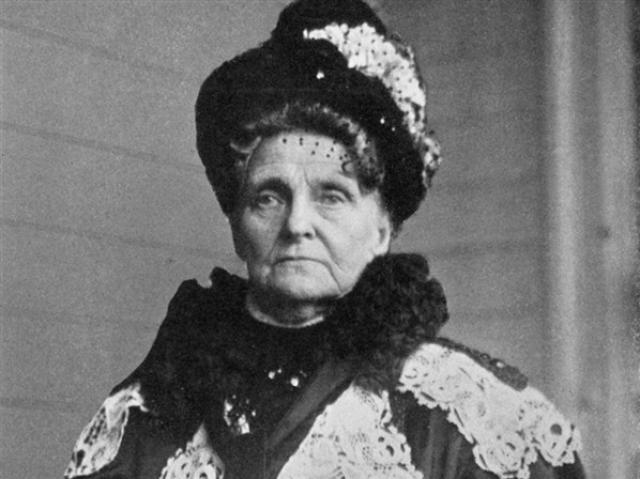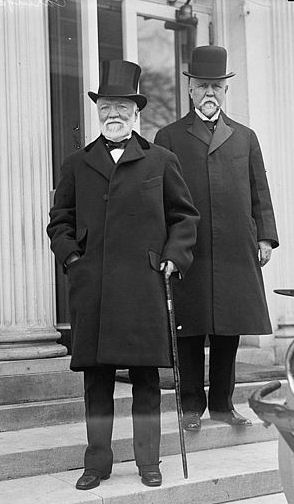When a person acquires a fortune, whether by his own merit or inheritance, two roads lie before him: He can take the arduous road to secure for himself, or his descendants, an entrance into the traditional elites; or he can take the easy path, becoming a toad.
 John Jay, an American politician, statesman, diplomat, a Founding Father of the United States, and the first Chief Justice of the United States.
John Jay, an American politician, statesman, diplomat, a Founding Father of the United States, and the first Chief Justice of the United States.
The road of assimilation into the traditional elites
Along this high road one finds the person who is not overly concerned with increasing his fortune. Instead, he strives to assimilate the values of European tradition and culture, with a view to attaining appropriate social status. The prudent and judicious management of his patrimony permits a refined lifestyle analogous to that of the aristocracy. As long as his patrimony suffices to maintain his acquired status, and as long as he upholds cultural values corresponding to his position, he feels satisfied. His prestige derives more from his social status after all, not his bank account. Accordingly, he is largely independent of the maxims governing a revolutionary society, the impositions of high finance, the imperatives of certain extravagant styles, and the “hype” of media propaganda. He can perfect himself to the point of assimilation into the traditional elites, whether at the regional or national level.
Francis Anthony Drexel, the father of St. Katharine Drexel
The road of the toads
Others take the low road of revolutionary pragmatism, despising tradition and, above all, striving to acquire ever more disproportionate temporal treasures and ever more monopolistic economic power.
 Hetty Green, considered to be the richest woman in the world during the early 20th Century, chose not to live like an aristocrat, but to live little better than a poor person, dedicating her life to the amassing of money. She was dubbed “The witch of Wall Street.”
Hetty Green, considered to be the richest woman in the world during the early 20th Century, chose not to live like an aristocrat, but to live little better than a poor person, dedicating her life to the amassing of money. She was dubbed “The witch of Wall Street.”
Their fixed idea is that money is the sole source of prestige, and they drive themselves to acquire it at all costs, recklessly launching themselves into the world of international finance and heedlessly breaking the ties that bind them to the nation’s traditions. Entirely absorbed with business, they lack that spirit of equanimity proper to authentic aristocracy.
 Andrew Carnegie with financier banker Theodore Gilman in 1914.
Andrew Carnegie with financier banker Theodore Gilman in 1914.
Nonetheless, the descendants of toads can acquire an aristocratic spirit if they abandon this superficial appetite for wealth and pleasure and strive to desire spiritual and cultural goods.
Plinio Corrêa de Oliveira, Nobility and Analogous Traditional Elites in the Allocutions of Pius XII: A Theme Illuminating American Social History (York, Penn.: The American Society for the Defense of Tradition, Family, and Property, 1993), American Appendix, pp. 189-190.




